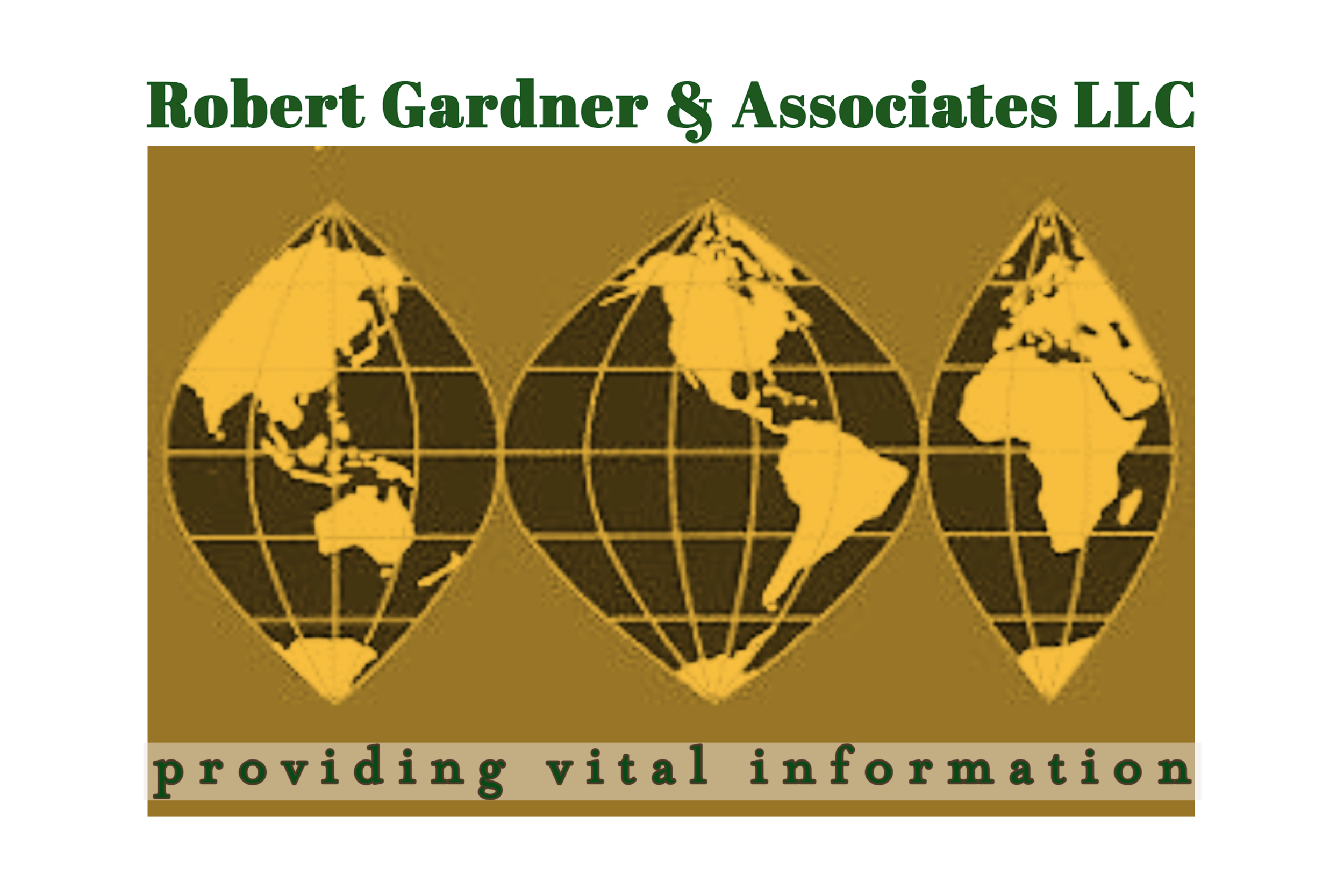The Need for Read
I Used to Give Homework
To Google something these days amounts to no more than putting words in the search box. Maybe you put words in quotes. There was a time when it took more to search. It was not learning Cobalt. You did need know the little ins and outs of search. From how to enter terms, express relationship between terms, up to how to use the truncator feature (and know what the truncator feature meant). Each online database had its own way of operating. So, Lexis would use an ! and Dow Jones would use a ?. I used to keep a little cheat sheet near my computer to know how to best use each of my online sources. I knew some researchers who considered their knowledge of such search nuance as their true skill. They prized search.
For over 20 years, I’ve run my own research shop, but before that, for many years, I put a team of young accountants to work doing public record and online research. Somewhere in the middle of their stints with me, I would do a formal review of their skills and progress. For many reasons, our Firm motivated both the reviewer and reviewee to be prolific in this act. In all reviews, no matter how good or bad the person was doing, I’d direct them to go home and read more. Read the Wall Street Journal. Read business books. This was before Twitter. Before blogs. When I said read something, they really had to find things to read. See, the way to be a good researcher is not to know how to enter the words, it’s knowing that what you found is worth finding.
It’s Not What You Find, It’s What You Know When You Find It
In my last blog post, I talked about how finding negative news wasn’t always as straight forward as doing a negative news search. Or let me put it another way, negative news can show up where you least expect it.
The Case of the Shady Address
In more than one assignment, I cracked the case, or at least got things cracking by finding a shady address. And I mean shady not in the sense that the address itself was shady, but that it was in a shady place which, in this case meant Englewood, Colorado. There was a period when this Denver suburb was notorious for penny stocks and shady penny stock promoters. At any time in an assignment, if Englewood came up, I knew almost for sure that bad players would be involved. It helps greatly to know what you may find before you find it. Like I knew what addresses in Englewood meant.
I can rattle off example after example, a reference in an article, a co-debtor on a UCC filing, the name of the mortgagor, etc., etc. It could be an address, but mostly it was people or company names. Things I already knew. Sometimes I knew from other research projects, but mostly I knew because I am a voracious reader, especially of non-fiction, of books on business mishaps, international intrigue. I love behind the scenes intrigue, stuff that explains the way the world really works. I was reading about Donald Trump a long time ago. It was all this stuff I sucked up that made me good at what I do.*
You cannot simply know. You have to do the work to know. You must figure things out before you find things out. To excel at deep backgrounds and complicated asset searches, you need this context. You must be aware of what is negative without it coming up on a negative news screen. To recap what I said in my last blog post, Why I’m Negative on Negative News, it may be sitting in front of you, just a name or a place. You have to know what it means. Knowing that it is negative.
We live in a connected world now. You do not need to unfurl a newspaper to read it; do millennials know the hassle of trying to fit the newspaper on your desk top? Often, you can follow the hyperlinks within whatever you are reading to know more, but if not, you can still look up almost anything you come across when you read. Still, you have to know what you are seeing when you look.
You can teach a person how to put quotation marks around words to narrow their search. You can help them think about what keywords to enter or how to limit a search to the headline and lead paragraph. You cannot teach a person knowledge. They must go out and acquire it. Yet, as I said, I could teach a process.
Anyone looking to be a researcher should be reading the Wall Street Journal. Then, find key social media that keeps you informed. For instance, Francine McKenna posts often on fraud issues, especially those related to the accounting profession. All sorts of reporters who report on crime, money laundering, bankruptcy and such are good follows. Find things you like to read. Just read.
The more you know, the more you will know. Do your homework.
*I would be very remiss not to mention and credit Tom Hampson. Hampson ran a private investigations business in suburban Chicago for many years. I was introduced to him by a former colleague of his. Tom invited me out to his office to chat, and it was there that I was transformed and also convinced I was on the right career path. Tom and his partner, John Burke, worked out of a large room filled on all four walls, high enough that a rolling ladder was needed to access them all, book after book. Wow. He implored on me the need to read, which I was doing, but now I had his blessing.

